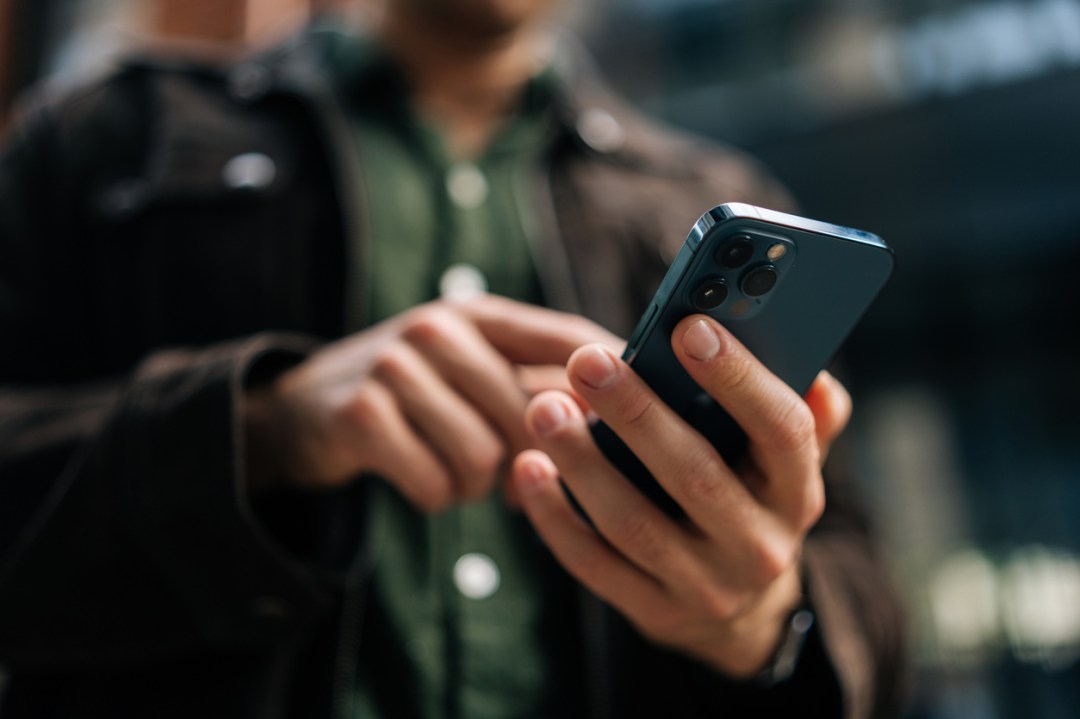‘So you mean rather than writing something out, you could just talk to somebody from a distance? But that would be so cool. And so much quicker. And so much more real.’
‘Exactly!’
There was a distant time when phone calls were in themselves seen as the cowardly opt-out way of communicating rather than just doing it face to face
Imagine if after decades of just being able to text, phone calls were only invented now.
Everyone would be all over them. But instead the telephone is something used exclusively by sad old people to talk to each other. No self respecting teen would talk when they could text. Or do that even more annoying thing of just leaving a text voice message.
So widespread is this that it’s even become a thing now – ‘telephobia’, or phone anxiety, the fear or avoidance of making or receiving phone calls. According to the dictionary, ‘It’s a common form of social anxiety, and can manifest in various ways, from mild nervousness to panic attacks. Symptoms can be both psychological and physical.’
This week it was pointed out that for those 18-year-olds receiving their A-level results and finding they need to negotiate clearance to get to university they would have to – horror! – pick up the phone and actually talk to somebody in admissions for that to happen.
Such is the anticipated trauma that both schools and universities are offering special counselling for those teenagers who have been used to a lifetime of texting – by definition, saying something without listening to what anybody else has to say – and coming to terms with a real-life phone call. With the cut and thrust of call and response.
On Radio 4, a teacher gave the useful advice that teenagers should write down their own name in case they had to give it during the phone call and got flustered. And it’s not just teens. Plenty of older adults are going that way as well.
Wikipedia helpfully explains ‘telephobia’, and is worth quoting at length to show quite how far our snowflake society has become unable to function:
‘Fear of making calls may be associated with concerns about finding an appropriate time to call, in fear of being a nuisance. A sufferer calling a household or office in which they know several people may be concerned at the prospect of failing to recognize the voice of the person who answers, with resultant embarrassment. Some sufferers may be anxious about having to “perform” in front of a real or perceived audience at their end of the line: this is a particular problem for those required to use a phone in the workplace.’
There was a distant time when phone calls were in themselves seen as the cowardly opt-out way of communicating rather than just doing it face to face. ‘You mean you got fired over the phone.’ Now they’re so real they’ve become scary.
You wonder how teenagers would manage in a face to face interview. But of course those don’t happen anymore. It’s all done by Zoom.
My own two sons would rather have their hands cut off most of the time rather than actually answer the phone. Which doesn’t mean they necessarily answer texts either.
When I worked at the BBC, there was a helpful maxim that after three exchanges of emails, it was much better to pick up the phone and actually talk to somebody to get a resolution to whatever the issue was. It’s something I’ve kept to ever since.
Sure, phone conversations can be interrupted by poor reception, traffic noise or the sound of your interlocutor eating breakfast cereal at the same time. But that’s life – and how much richer to embrace it.







Comments